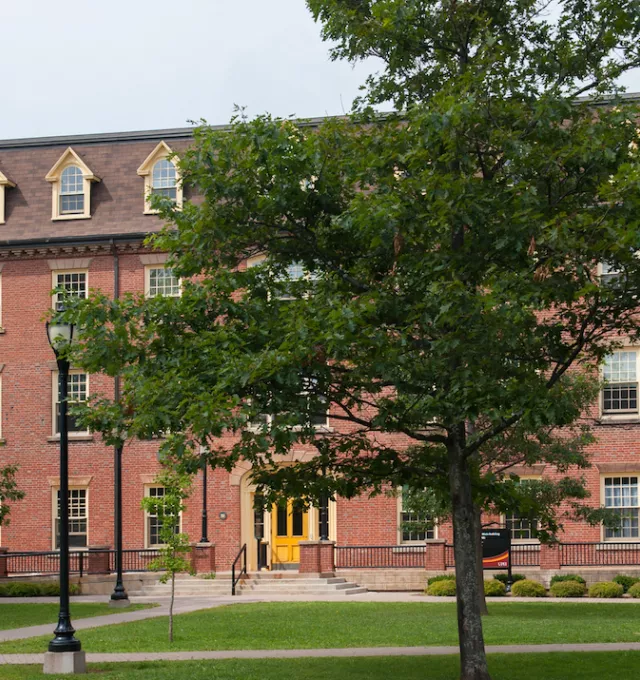Economics belongs to the branch of knowledge known as the "Social Sciences." The social sciences deal with both intergenerational and intra-generational interactions between human beings in a society.
Human activities can, of course, be studied from many different perspectives. We could look at humans as political, psychological, historical, or economic beings. A political scientist, for example, would analyze the political activities of the people while an economist would examine activities related to their livelihood. Human beings, in order to fulfil their innate desire for food and shelter, engage in activities that lead them to the production of goods such as food, clothing, and housing, as well as services. These acts of production and consumption to satisfy human wants form the very basis of the subject matter of Economics. Perhaps observing people engaged in this pursuit, Alfred Marshall defined economics as "a study of mankind in the ordinary business of life."
Since the ordinary business of life involves the use of limited natural and human-made resources (capital), people have always been interested in making the best possible use of these resources. This efficient use of resources has been the underlying theme in economics. Hence, the most succinct definition of economics would be that economics deals with the efficient utilization of scarce resources to satisfy human wants. Scarcity gives legitimacy to economics. If there is no scarcity, there is no economic problem.
The discipline of Economics is built upon two strands of theory: Microeconomic Theory and Macroeconomic Theory. Microeconomic deals with the study of individual units in an economy, such as consumers, producers, and the interaction of these units in a given market structure. Macroeconomic theory, on the other hand, deals with the economy as a whole. Here we analyze the problems related to unemployment, growth, inflation, and the balance of payments. Most of the other courses in Economics are applied courses which use the concepts of Microeconomic Theory and/ or Macroeconomic Theory. An understanding of the relationship between these two theory courses and other fields in economics is usually helpful in planning your selection of courses.
Need more information about Economics?
The personal information requested on this form is collected under Section 31(c) of the PEI Freedom of Information and Protection of Privacy Act. Read our Disclaimer.
Note: Current UPEI students should refer to Student Planning in myUPEI and the UPEI Academic Calendar governing their entry year, and speak to an academic advisor about course requirements. The course structure presented for this program is a recommended, unofficial progression for prospective students.
Note: As per Academic Regulation 1h, all undergraduate degree programs require successful completion of IKE-1040 (new for students beginning or returning after re-application in Fall 2022); one of UPEI-1010, UPEI-1020, or UPEI-1030, and a Writing Intensive Course.
Requirements for a Major in Economics
Students wishing to major in Economics must complete fifty-four (54) semester hours in Economics and Mathematics according to the program described below. All courses are valued at three semester hours.
Economics
- 1010 - Introductory Microeconomics
- 1020 - Introductory Macroeconomics
- 2030 - Intermediate Microeconomics I
- 2040 - Intermediate Macroeconomics I
- 2050 - Intermediate Microeconomics II
- 2060 - Intermediate Macroeconomics II
- 3030 - Economic Methodology
- 3080 - Introduction to Econometrics
Plus:
Six (6) additional elective courses in economics, at least three of which must be at the 3000 or 4000 level.
Mathematics
- 1110 - Finite Mathematics
- 1910 - Single Variable Calculus I
Statistics
- 1910 - Introduction to Probability and Statistics
Recommendation
Students planning to follow graduate studies in Economics are advised to plan their courses with the Department. Such students should include the following courses as part of their seven electives in Economics: 3070 - Mathematical Economics and 4130 - Econometrics II as well as 4030 - Advanced Microeconomics and 4040 - Macroeconomics. Students should also consider including Mathematics 1920 Single Variable Calculus II and Mathematics 2610 (Linear Algebra) in their program of studies.
Requirements for a Minor in Economics
Students wishing to minor in Economics must complete twenty-one semester hours in Economics distributed as follows: Economics 1010 and 1020, and five other courses including at least one of the intermediate theory courses (Economics 2030 or 2040). At least two courses at the 3000 level or above. Students should plan their program in consultation with the Department.
NOTE: The offerings listed below are not necessarily available each year. At best it may be possible to offer certain courses every other year. The courses offered in the current year will be published so that students will have the exact information available.
The UPEI Co-operative Education Program is an integrated approach to university education which enables students to alternate academic terms on campus with work terms in suitable employment. The success of such programs is founded on the principle that students are able to apply theoretical knowledge from course studies in the workplace and return to the classroom with practical workplace experience. Students who successfully complete all the requirements of the program will have the notation entered on their transcripts and on the graduation parchment.
Students accepted into the program, complete at least three 14-week paid work terms and three professional development courses. Credits earned through completion of work terms are counted as general electives.
The Co-op option is available to full-time students in the Economics Major program. Applications to the Co-op Education Program are normally made after completion of the first year of study.
See the Co-operative Education Program section of the UPEI Academic Calendar for more information.


UPEI provides a solid education in the liberal arts, committed to rigorous study and inquiry, belief in the value of knowledge, lifelong capacity-building, and the development of the whole person.
High School Graduates
Canadian High School Equivalency Chart
Successful completion of Grade 12 examinations in a University Preparatory Program with an overall average of at least 70% (75% for Quebec Secondary V students) in the following subjects:
- English;
- one Social Studies or Language;
- any 3 other academic courses. Grade 12 math recommended.
Note: Grade 12 Math is a prerequisite for some 1st year Arts courses.
Please refer to the UPEI Academic Calendar for complete admissions information.


Each year we award over 3,000 scholarships and awards to qualified students. Our comprehensive program—valued at over $8 million—includes some awards that are equal to full tuition and renewable!
UPEI's undergraduate tuition is the second-lowest in the Atlantic region, and we offer millions of dollars in scholarships and awards.
Tuition
$7,170 per year, based on 30 credit hours ($717 per 3 credit course).
International students pay $8,410 per year in addition to full-time student tuition.
For a complete breakdown of part-time or full-time study as a student in the Faculty of Arts, visit our Tuition and Fees page.
Scholarships and Awards
UPEI supports you and your educational goals. We administer millions of dollars in scholarships and awards to our undergraduate and graduate students every year. Depending on your faculty or program, and year of study, you may be eligible for available awards.
Search the complete list of scholarships for information and application forms.
Celebrating Student Achievement
Including Guaranteed Entrance Scholarships and Academic Excellence Awards, these awards recognize the academic achievements of all students who meet the eligibility criteria while studying towards their first undergraduate degree.
Visit the Scholarships site for complete information.
UPEI has about 250 faculty members—exceptional scholars, teachers, and mentors, with more being hired each year as we open new, progressive, and unique programs. But the story isn’t just in the numbers. It’s in the quality of our people. Award-winning faculty from around the globe have made UPEI home. Here, you’ll learn directly from these world-class professors and researchers in small classes where you’ll have easy access to them.
